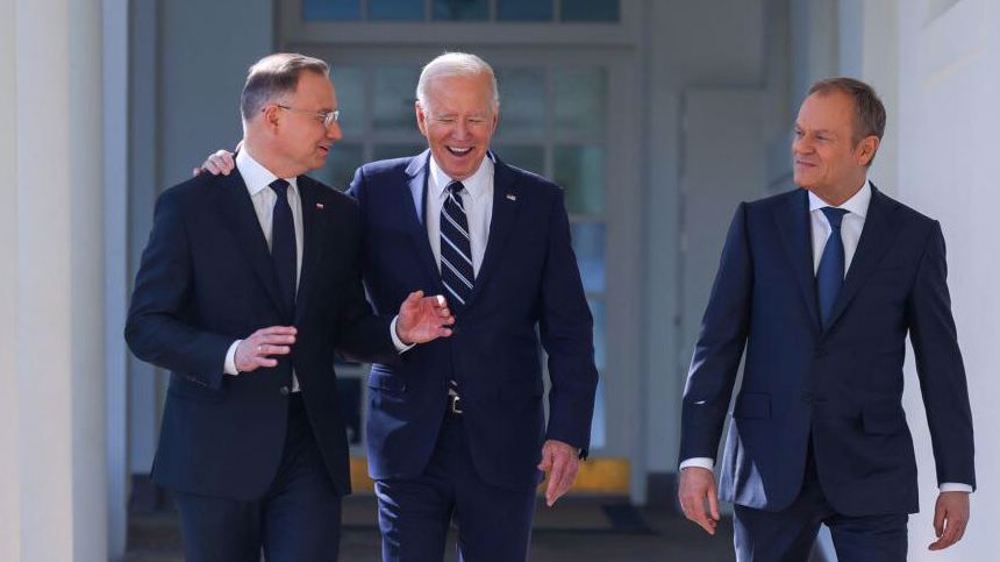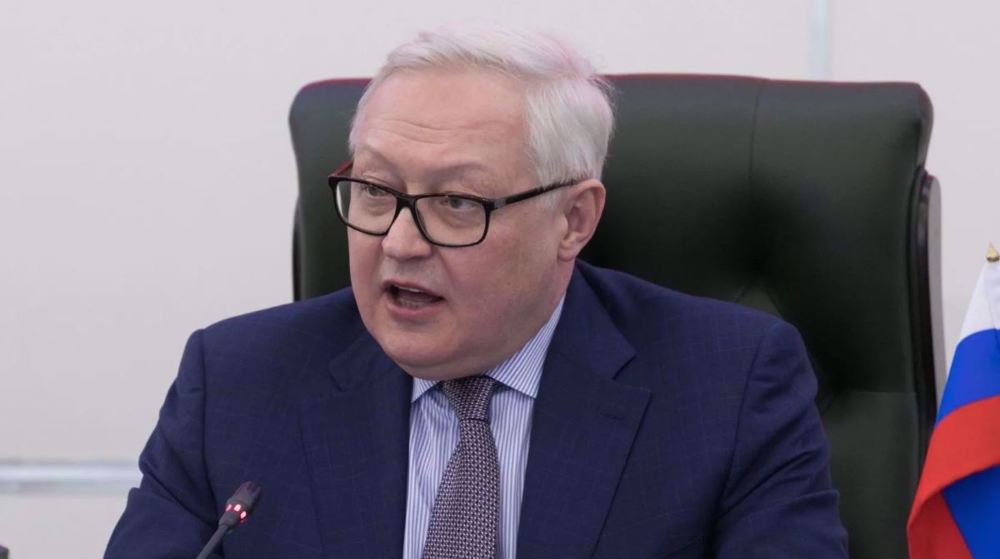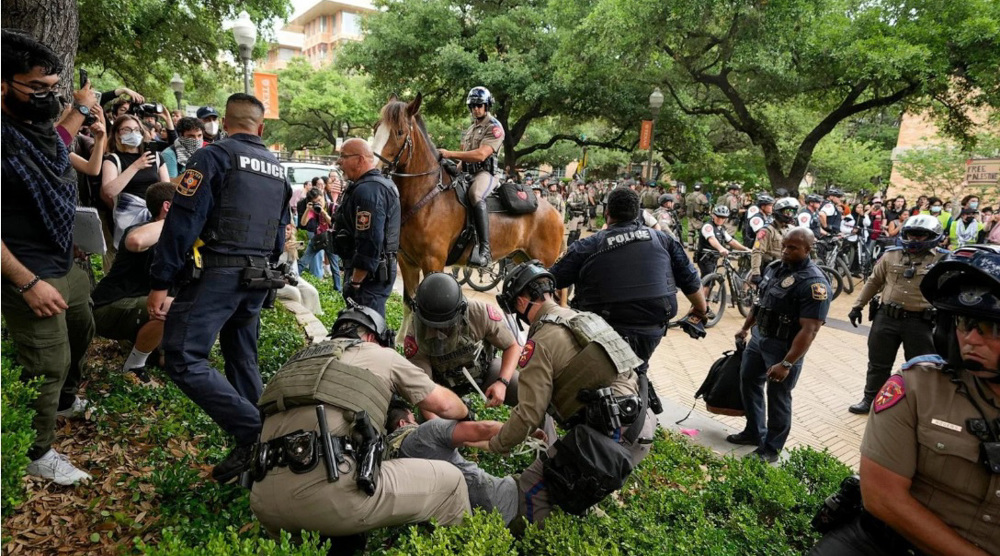US calls on Myanmar to make Rohingyas citizens
The United States has called on Myanmar to grant "citizenship" to Rohingya Muslims, who live in apartheid-like conditions in Rakhine state in the west of the Southeast Asian country.
Most of Myanmar's 1.1 million ethnic Rohingya Muslims in the western state of Rakhine are deprived of citizenship rights due to the policy of discrimination that has denied them the right of citizenship and made them vulnerable to acts of violence and persecution, expulsion, and displacement.
In recent days, more than 3,000 members of the oppressed Rohingya minority have swum to shore or been rescued off the coasts of Malaysia, Indonesia, Thailand and Bangladesh.
Myanmar has faced growing international pressure to stop the exodus from its shores and provide urgent humanitarian relief to thousands still stranded at sea.

"They should have a path to citizenship," Deputy Secretary of State Antony Blinken told reporters in Yangon on Friday, referring to Rohingya Muslims.
Blinken added that "the uncertainty that comes from not having any status is one of the things that may drive people to leave".
The US official said the fact that Rohingya Muslims were willing to endanger their lives on deadly sea crossings was a "reflection of conditions in Rakhine state that are leading people to make this choice".
"Even if we address the immediate crisis, we also must confront its root causes in order to achieve a sustainable solution," Blinken said.
The Myanmar government has so far refused to extricate the stateless Rohingyas from their citizenship limbo, despite international pressure to give them a legal status.

On Thursday, the Myanmar government again refused to recognize Rohingya Muslims as citizens and labels them as “illegal” immigrants, or “Bengalis”.
"We do not accept that term (Rohingya) here," said Zaw Htay, director of the presidential office said.
Earlier this month, a group of US researchers said Rohingya Muslims in Myanmar are facing a grave humanitarian situation, warning of a possible genocide there.
Staff from Washington’s Center for the Prevention of Genocide visited Myanmar in March to investigate the conditions in which the Rohingyas live and the threats they are facing.
According to their report, released recently, Rohingya Muslims are the target of rampant hate speech and restrictions on their freedom of movement.

“We left Burma [Myanmar] deeply concerned that so many preconditions for genocide are already in place. With a recent history of mass atrocities and within a pervasive climate of hatred and fear, the Rohingya may once again become the target of mass atrocities, including genocide,” the group said.
The group said the early warning signs of future mass atrocities included various acts targeting the Rohingya people such as physical violence against individuals, homes and businesses; physical segregation from other ethnic groups; widespread and unbridled hate speech; destruction of Rohingya mosques; and sexual violence against the minority group.
The group said that long-term strategies are required to counter rampant hate against the Rohingya.
It called on the Myanmar government to adopt a variety of measures including ending discriminatory laws and policies targeting the Rohingya people; investigating attacks committed against them in line with international legal standards; and providing full cooperation to humanitarian assistance organizations, governments and other agencies making efforts to help the minority group.

Rohingya and other Muslims have faced torture, neglect, and repression in Myanmar for many years. A large number of Rohingyas are believed to have been killed and tens of thousands displaced in attacks by extremists who call themselves Buddhists.
In November, US President Barack Obama raised the issue of human rights violations against the Rohingya in his meeting with Myanmar’s President Thein Sein in the Southeast Asian nation's capital Naypyitaw.

He said that Washington is "deeply concerned about the humanitarian situation in Rakhine State and the treatment of the Rohingya and other Muslim communities, who continue to endure discrimination and abuse."
GJH/GJH
VIDEO | Leader meets workers on Labor Week
French police called in to break up US-style pro-Palestinian student demo
VIDEO | US continues starving Syrians, stealing their resources
Yemeni forces strike Israeli ship, Port of Eilat in solidarity with Gaza
Columbia, Yale students bent on ending US support for Israeli genocide
VIDEO | Genocide in Gaza
Iran calls on BRICS to play role in stopping Israeli crimes
President Raeisi’s historic visit opens new chapter in Iran-Pakistan ties










 This makes it easy to access the Press TV website
This makes it easy to access the Press TV website